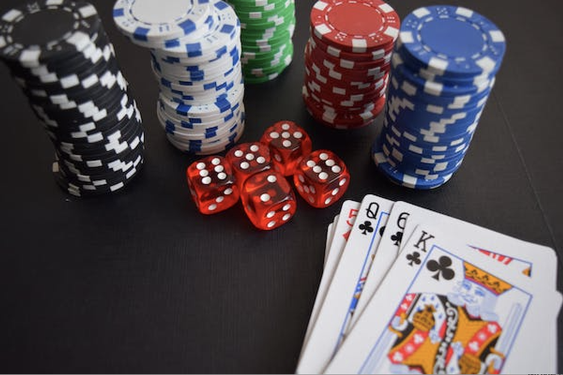Good thing, jacks. Bad thing, too. Because you never really know where you stand with them. Sure, they are picture cards, but they are also the lowest picture cards. Reading your opponent and the texture of the board never is more important than when you're playing jacks.
In the first level of the 2006 World Series of Poker main event, with blinds at $25-$50, Andrew Black, who finished seventh in the 2005 championship, found wired jacks in late position and raised to $175. The player in the big blind called the extra $125.
The flop came 9-8-6, two hearts, giving Black an overpair but creating straight and flush draws.
The big blind checked. Black bet $200, a little more than half the pot. His opponent called.
The turn came the 3 of spades.
The big blind checked again. Black bet only $250, less than one-third of the pot, whereas a bet of two-thirds or three-quarters of the pot likely would run off an opponent drawing to a straight.
“I bet small because I'm a bit worried about it,” Black says. “I don't want to play a big pot just in case the guy is tricking me. And the guy called me again.”
Black's preflop raise indicated strength. His opponent's calls caused Black to consider that his opponent held a hand stronger than J-J and was letting Black do his betting.
The river came the 4 of diamonds. The flush draws were gone, but several straight draws remained. Even so, Black determined he had the best hand and bet $500 after his opponent checked.
“I know there's a chance he has a pair, and I want him to pay me off,” Black says. “I couldn't see him playing 7-5 for a raise. The 4 couldn't improve him unless he has a pair of 4s. I was lucky that two low cards came. The guy was pretty scared of me because I know how he played a hand earlier. If he had a better hand than me, he would've raised me there.”
Black scooped the pot when his opponent showed pocket 7s.
“What you do with those hands [pocket jacks] is, the second you look at them, you say, ‘This is going to be a difficult hand to play,'” Black says, “and then you have to play it cautiously. So, all these questions that ask how do you play jacks are a load. Basically, you look at it and it's a difficult hand to play, period. Sometimes it's strong, sometimes it isn't.”
© 2006, Chicago Tribune.
Distributed by McClatchy-Tribune Information Services.



